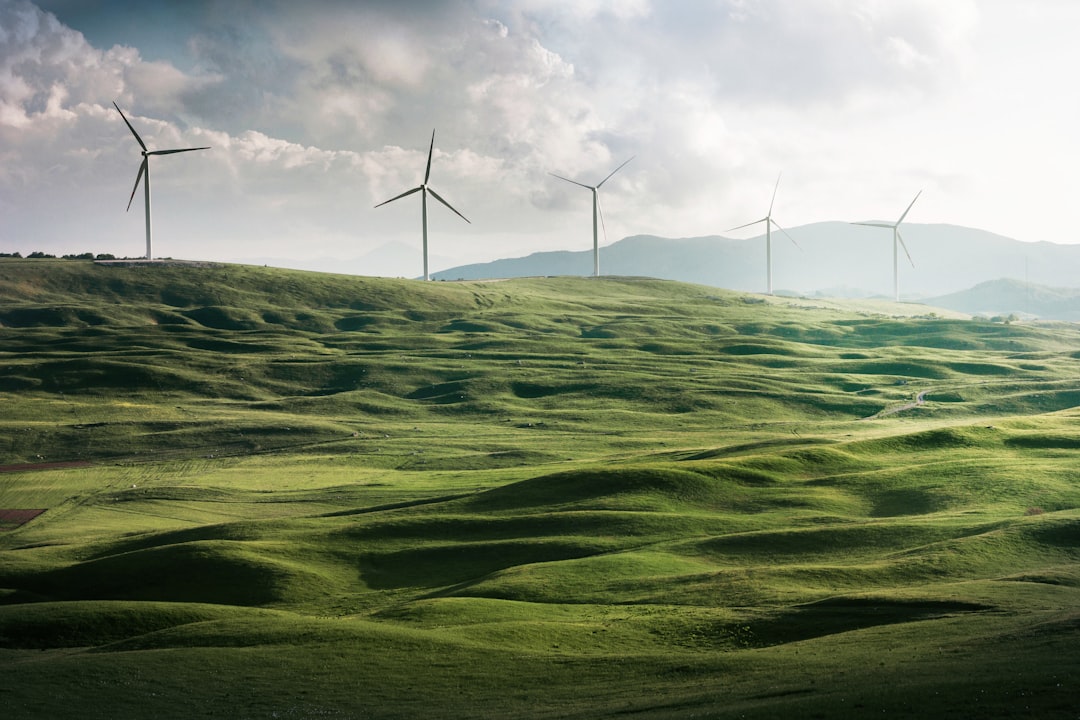What is it about?
In our study American and Russian environmental scientists give evidence of striking divergences in their evaluation of the scientific rationales offered in support of one or another position on a range of global environmental issues. The authors suggest that this disagreement reflects differences in the scientific traditions as they evolved in Russia and the USA in the 20th century.
Featured Image
Why is it important?
The modern science is global. It is particularly true of environmental science which is guided to a considerable extent by international environmental policy. Accordingly, one might expect the standards of scientific research to have unified around the globe over the last 30 years. Yet environmental scientists of different nations and scientific schools have demonstrably dissimilar views on key environmental issues.
Perspectives
The idea for this paper came to me as I was preparing a series of lectures on global environmental issues. During preparation of the course, the author observed that theories on global environmental issues differ greatly with respect to their level of scientific confirmation. The arguments supporting climate change, for example, looked to the author much more solidly grounded than those supporting “desertification”. Subsequently, the author visited the USA, spending several months as a Fulbright fellow at New York University (NYU). There he met several prominent American environmental scientists from different academic institutions. In a series of short interviews with these scientists, the author discussed their views as to the level of confirmation of key global environmental issues – climate change, depletion of the ozone layer, desertification, deforestation and biodiversity loss. These discussions brought two surprises. The first was the absence of any substantial difference among the views of those interviewed. Despite differences in expertise and background, the researchers (among them, biologists, hydrologists, climatologists and philosophers) were in agreement that only a few concepts of global environmental issues deserve a high degree of confidence. The second surprise came with realizing that their position is very close to the author’s: that he then believed was too skeptical to be shared by so many experts. On his return to Russia the author did the same interviews with Russian environmental scientists who were known to be active researchers with wide horizons. Once again, the results were surprising in the sense that the authors found a complete reversal in the ranking of the global issues. In my publication I wanted to explain this striking difference.
Nikolai Dronin
School of Geography of Lomonosov Moscow State University
Read the Original
This page is a summary of: Perceptions of American and Russian environmental scientists of today’s key environmental issues: a comparative analysis, Environment Development and Sustainability, May 2017, Springer Science + Business Media,
DOI: 10.1007/s10668-017-9979-8.
You can read the full text:
Contributors
The following have contributed to this page










